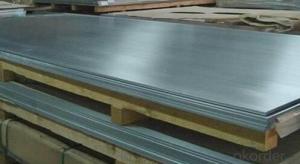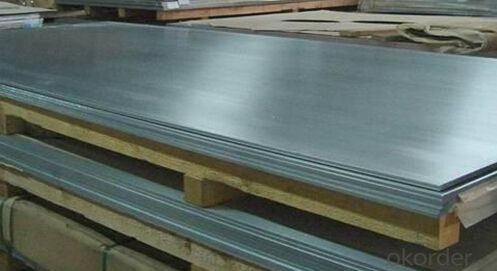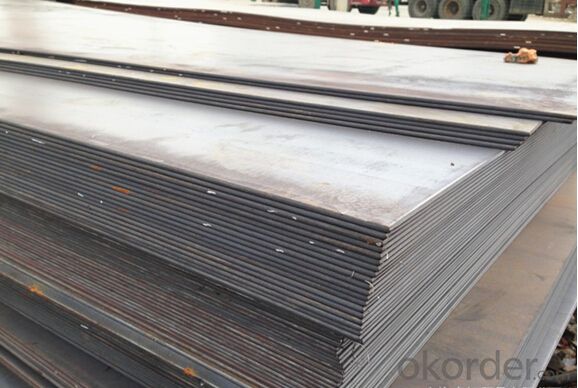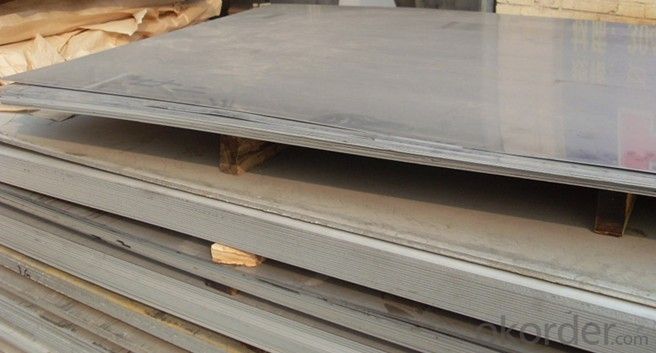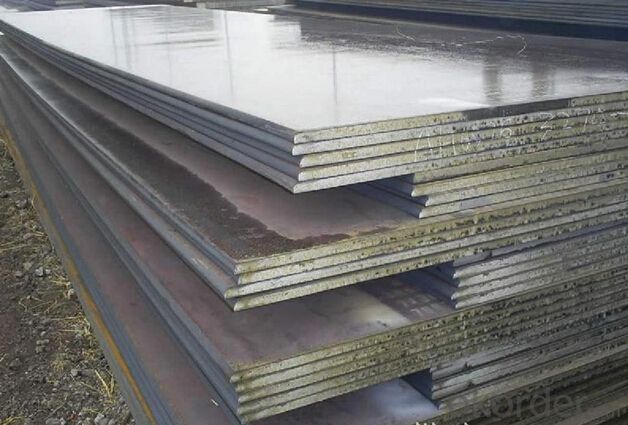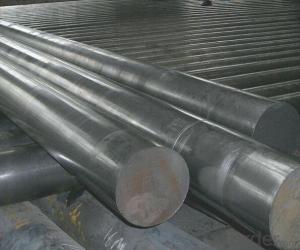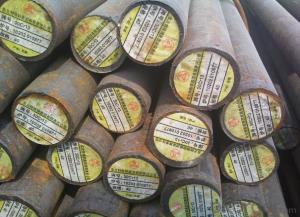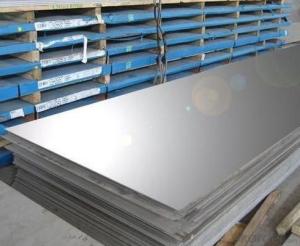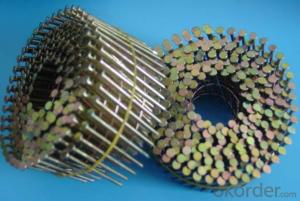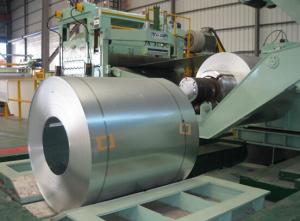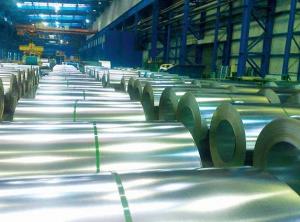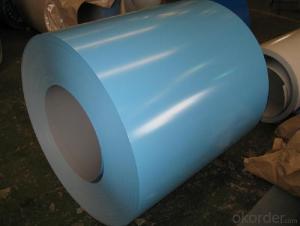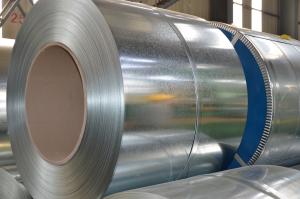Electro Galvanized Steel Coils Plate Used on Boat
- Loading Port:
- Tianjin
- Payment Terms:
- TT OR LC
- Min Order Qty:
- 5 m.t.
- Supply Capability:
- 10000 m.t./month
OKorder Service Pledge
OKorder Financial Service
You Might Also Like
Specification
Electro Galvanized Steel Coils Plate Used on Boat
Specification of Electro Galvanized Steel Coils Plate Used on Boat
| goods | Hot dip galvanized steel coil and sheet |
| Technical Standard: | JIS 3302 / ASTM A653 / EN10143/EN10327 |
| Grade | DX51D / DX52D/ DX53D/ S250,280,320GD |
| Width | 500/650/726/820/914/1000/1200/1219/1220/1250mm |
| Thickness | 0.17-1.6mm (0.25-0.45mm is the most advantage thickness) |
| Type of coating: | galvanized |
| Zinc coating | Z60-120g/m2 |
| Surface treatment | chromed / skin pass/ oiled /un oiled /slightly oiled/ dry |
| Surface structure: | zero spangle / minimized spangle / regular spangle/ big spangle |
| MOQ | 5 Tons |
| Package: | Properly packed for ocean freight exportation in 20''containers |
| Price terms | FOB,CFR,CIF,CPT.CNF,CIP |
| Payment terms | 30%TT in advance+70% TT or irrevocable 70%L/C at sight |
| delivery time | 7days after receipt of 30% TT |
Details of Electro Galvanized Steel Coils Plate Used on Boat
| Material | Tensile test | ||||||
| Rel | Rm (MPa) | Elongation | |||||
| (MPa) | 1.8~<2.0< span=""> | 2.0~<2.5< span=""> | 2.5~<3.2< span=""> | 3.2~<4.0< span=""> | ≥4.0 | ||
| SPHC | ≥270 | ≥29 | ≥30 | ≥31 | ≥32 | ≥32 | |
| SPHD | ≥270 | ≥32 | ≥33 | ≥35 | ≥37 | ≥39 | |
| SPHE | ≥270 | ≥33 | ≥35 | ≥37 | ≥39 | ≥41 | |
| SS330 | ≥205 | 330~430 | ≥26 | ||||
| SS400 | ≥245 | 400~510 | ≥24 | ||||
| SAPH370 | ≥370 | ≥255 | ≥32 | ||||
Supplier of Electro Galvanized Steel Coils Plate Used on Boat
CNBM International Corporation is the most import and export platform of CNBM group(China National Building Material Group Corporation) ,which is a state-owned enterprise, ranked in 270th of Fortune Global 500 in 2015.
With its advantages, CNBM International are mainly concentrate on Cement, Glass, Iron and Steel, Ceramics industries and devotes herself for supplying high quality series of refractories as well as technical consultancies and logistics solution.
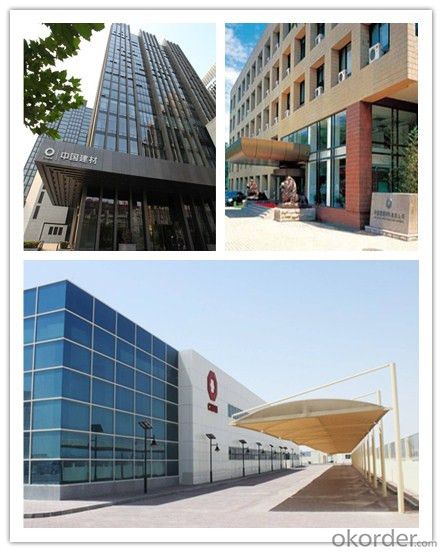
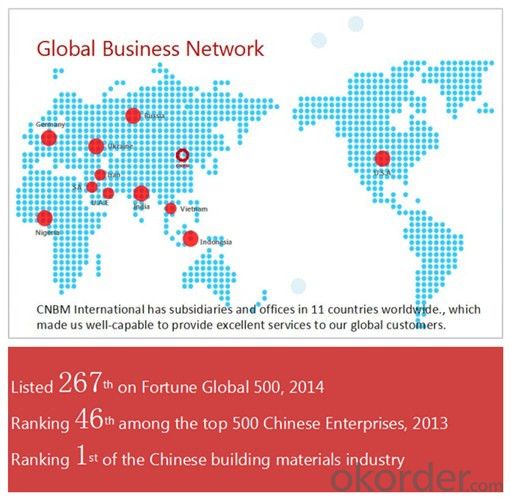
Delivery of Electro Galvanized Steel Coils Plate Used on Boat
Packaging Detail | Sea worthy packing /as per customer's packing instruction |
Delivery Detail | 15 ~ 40 days after receiving the deposit |
Products Show
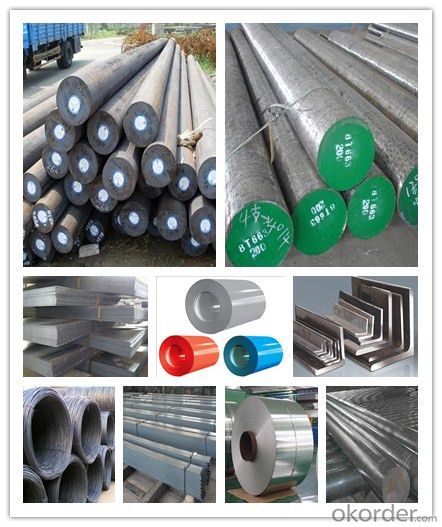
FAQ:
Are you a trading company or manufacturer? | Manufacturer |
What’s the MOQ? | 3 metric ton |
What’s your delivery time? | 15-35 days after downpayment received |
Do you Accept OEM service? | Yes |
what’s your delivery terms? | FOB/CFR/CIF |
What's the Payment Terms? | 30% as deposit,70% before shipment by T/T |
Western Union acceptable for small amount. | |
L/C acceptable for large amount. | |
Scrow ,Paybal,Alipay are also ok | |
Why choose us? | Chose happens because of quality, then price, We can give you both. Additionally, we can also offer professional products inquiry, products knowledge train (for agents), smooth goods delivery, excellent customer solution proposals. |
What's your available port of Shipment? | Main Port, China |
What’s your featured services? | Our service formula: good quality+ good price+ good service=customer's trust
|
Where are your Market? | Covering more than 160 countries in the world |
- Q: How is high-temperature stainless steel used in the production of gas turbines?
- High-temperature stainless steel is used in the production of gas turbines due to its excellent resistance to corrosion and oxidation at elevated temperatures. It is primarily used to manufacture critical components like turbine blades, vanes, and combustion chambers, which are exposed to extreme heat and pressure inside the turbine. The high-temperature stainless steel ensures durability, performance, and longevity of gas turbines, enabling them to operate efficiently in demanding conditions.
- Q: How does stainless steel contribute to the production of medical implants?
- Stainless steel contributes to the production of medical implants primarily due to its exceptional properties such as corrosion resistance, high strength, biocompatibility, and ease of sterilization. These qualities make stainless steel an ideal material for manufacturing various medical implants like joint replacements, bone plates, screws, and dental implants.
- Q: How does special steel contribute to improving product lifespan?
- Special steel contributes to improving product lifespan in several ways. Firstly, it offers enhanced durability and strength, allowing products to withstand heavy usage, high temperatures, and harsh environments without succumbing to wear and tear. This increased resilience helps prevent premature failure and extends the lifespan of the product. Additionally, special steel often possesses excellent corrosion resistance properties, protecting the product from rust and degradation caused by exposure to moisture or chemicals. Moreover, special steel's superior machinability and formability enable the production of complex and precise components, reducing the risk of structural flaws or defects that could compromise the product's lifespan. Overall, the use of special steel in manufacturing contributes significantly to producing long-lasting, reliable, and high-quality products.
- Q: Can special steel be used for making electrical components?
- Indeed, electrical components can indeed be crafted using special steel. Special steel denotes a collection of steels boasting distinct properties and features that render them fitting for diverse uses, including electrical components. These steels are frequently tailored to possess exceptional electrical conductivity, minimal electrical resistance, commendable magnetic traits, and outstanding heat endurance. They are commonly employed in electrical engineering scenarios where utmost performance and dependability are indispensable, such as the production of transformers, motors, generators, and electrical transmission systems. Furthermore, special steel can also furnish protection against corrosion and elevated temperatures, thereby augmenting its aptness for the manufacturing of electrical components.
- Q: What are the applications of special steel in the automotive manufacturing process?
- Special steel is widely used in the automotive manufacturing process for various applications. It is commonly used for making engine components like crankshafts, camshafts, and connecting rods due to its high strength and resistance to wear and heat. Special steel is also used for manufacturing suspension systems, steering components, and chassis parts, as it offers excellent mechanical properties and durability. Additionally, special steel is utilized in the production of safety features such as seatbelt components and airbag systems, ensuring the highest level of protection for occupants. Overall, special steel plays a crucial role in enhancing the performance, reliability, and safety of vehicles in the automotive industry.
- Q: What are the different heat treatment methods used for special steel?
- There are several heat treatment methods used for special steel, including annealing, quenching, tempering, normalizing, and case hardening.
- Q: What are the requirements for special steel used in aircraft manufacturing?
- The requirements for special steel used in aircraft manufacturing include high strength, excellent corrosion resistance, good weldability, and the ability to withstand extreme temperatures and stress conditions. Additionally, the steel must meet stringent quality control standards, possess good fatigue resistance, and be lightweight to maximize fuel efficiency.
- Q: How does special steel contribute to reducing product defects?
- Special steel contributes to reducing product defects by providing enhanced mechanical properties and improved resistance to wear, corrosion, and heat. This ensures that the components made from special steel are more durable and have a longer lifespan, reducing the likelihood of failures and defects. Additionally, the precise composition and manufacturing processes used in special steel production help to achieve consistent product quality and dimensional accuracy, further minimizing defects.
- Q: What is the role of chromium in special steel?
- The unique properties and characteristics of chromium are crucial in special steel. It is added primarily to steel alloys to enhance their corrosion resistance, durability, and strength. One significant contribution of chromium is its ability to form a passive oxide layer called chromium oxide on the steel's surface. This layer acts as a protective barrier, preventing corrosive elements like oxygen and moisture from reaching the steel. The corrosion resistance of chromium-containing steel makes it highly suitable for harsh environments, such as the marine or chemical industries. Moreover, chromium improves the mechanical properties of steel. It increases hardness, toughness, and wear resistance, making it valuable in manufacturing tools, machinery components, and other applications that require strength and durability. Chromium also helps retain sharpness and edge retention, making it ideal for high-quality knives and blades. Additionally, chromium is essential in heat-resistant steel alloys as it significantly improves the material's ability to withstand high temperatures without losing strength or shape. This makes it suitable for applications in turbine blades, exhaust systems, and aerospace components. In conclusion, chromium plays a vital role in special steel by enhancing corrosion resistance, improving mechanical properties, and enabling high-temperature resistance. These properties make chromium-containing steel alloys highly valuable and versatile in various industries and applications.
- Q: What are the different methods of surface electroplating for special steel?
- There are several methods of surface electroplating for special steel, including electroless plating, electroplating by immersion, barrel plating, and rack plating. Electroless plating is a chemical process that uses a reducing agent to deposit a layer of metal onto the steel surface. Electroplating by immersion involves immersing the steel in an electrolyte bath and applying an electric current to deposit a metal coating. Barrel plating is a method where the steel parts are placed in a rotating barrel along with the plating solution, creating a tumbling action that ensures an even coating. Rack plating involves suspending the steel parts on a rack and immersing them in the plating bath. Each method has its own advantages and is chosen based on the specific requirements and characteristics of the special steel being plated.
Send your message to us
Electro Galvanized Steel Coils Plate Used on Boat
- Loading Port:
- Tianjin
- Payment Terms:
- TT OR LC
- Min Order Qty:
- 5 m.t.
- Supply Capability:
- 10000 m.t./month
OKorder Service Pledge
OKorder Financial Service
Similar products
Hot products
Hot Searches
Related keywords
